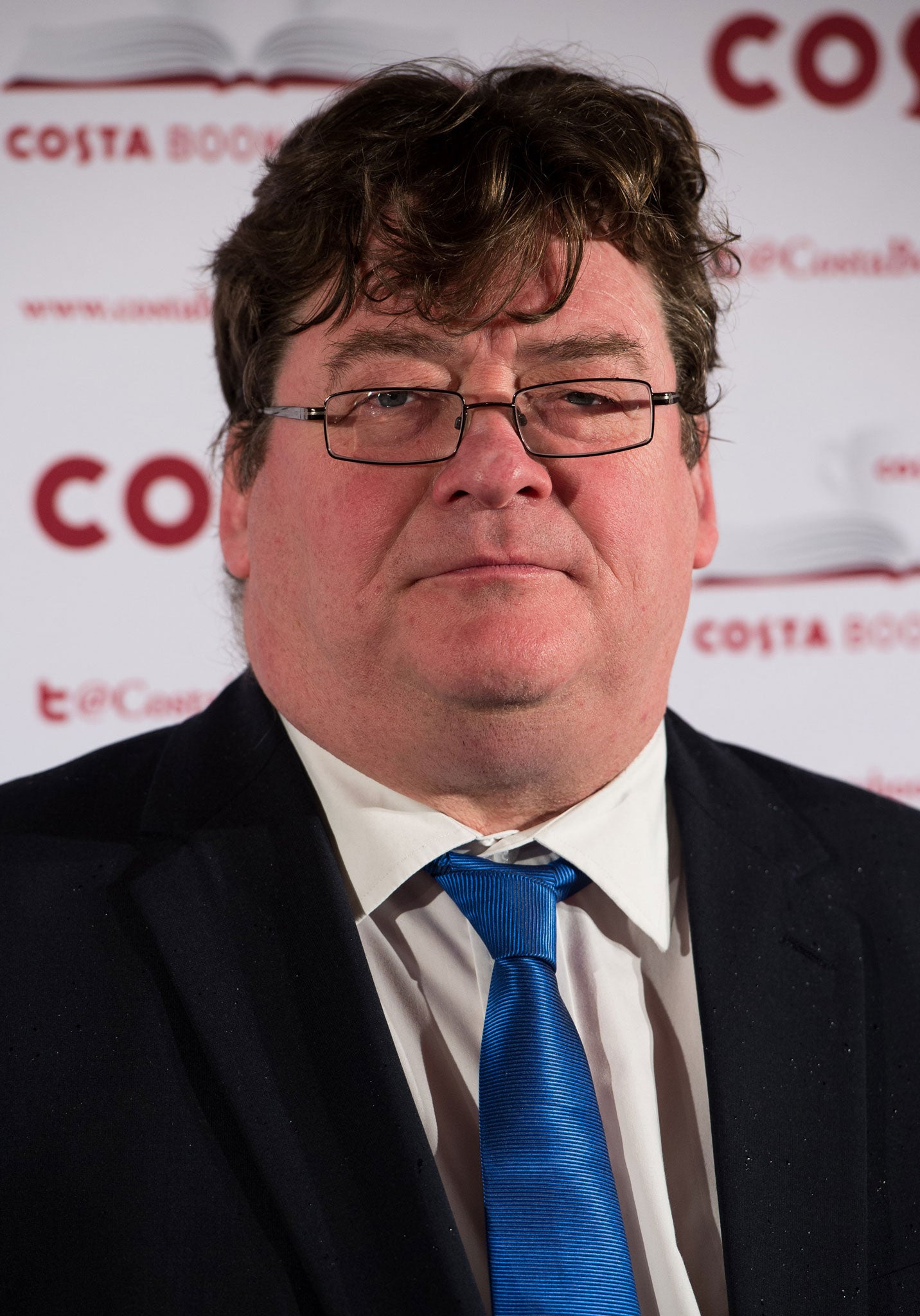John Burnside: The poet opens up about his father's cruelty, the hurtfulness of language – and why he walked away from love

Your support helps us to tell the story
From reproductive rights to climate change to Big Tech, The Independent is on the ground when the story is developing. Whether it's investigating the financials of Elon Musk's pro-Trump PAC or producing our latest documentary, 'The A Word', which shines a light on the American women fighting for reproductive rights, we know how important it is to parse out the facts from the messaging.
At such a critical moment in US history, we need reporters on the ground. Your donation allows us to keep sending journalists to speak to both sides of the story.
The Independent is trusted by Americans across the entire political spectrum. And unlike many other quality news outlets, we choose not to lock Americans out of our reporting and analysis with paywalls. We believe quality journalism should be available to everyone, paid for by those who can afford it.
Your support makes all the difference.I always wanted to be a painter I loved painting. I went on three different art courses but had no talent whatsoever. On the third one, the teacher said to me, "I hear you're a poet?" I said yes, and he said, "I think you should stick to it; put it this way, you're never going to be Cézanne."
I often write books to explore questions I don't know the answers to With [my new memoir] I Put a Spell on You, it's about love – and detachment. In one case I was in my twenties and I met this woman, Christina, and there was such a strong, instant bond between us. I would enjoy thinking from afar, if only we could be alone… But when suddenly she came and challenged me about my feelings, I pretended I didn't feel anything and I walked away from what I most wanted. Why did I refuse?
I love long sentences My big heroes of fiction writing are Henry James and Proust – people who recognise that life doesn't consist of declarative statements, but rather modifications, qualifications and feelings.
I don't appreciate how working-class people are portrayed as gritty and unintelligent My uncles, all miners, were not thudding great men, but light on their feet, funny, witty and even a bit surreal at times, able to express themselves.
For my father, cruelty was an ideology His own life had been hard, so there was a logic to him wanting to kill off my finer – and so, weaker – self. When I had my own children, I was determined to do things differently, but I've made my own mistakes with them, as I'm too soft; my youngest son has me wrapped around his finger. When he asks me for something, I say, "Go ask your mother," and he replies, "I'm not asking her, she won't give it to me – I'm only asking you as you're soft as butter."
The older I get, the happier my childhood becomes When someone asked me in my late twenties what my childhood was like, I could only remember how angry and unhappy I was, how little money we had, my father drinking half of it. But now I can remember the good stuff: my mum teaching me how to bake, and listening to old love songs on the radio together.
I know how hurtful language can be I'm strict with my kids about it. One of my sons once said something was a bit gay, and I tore into him; I said, "I don't care what your schoolfriends say but you will not use that as a belittling statement." I suppose the soft butter turned into a monster, but both my children appreciate the nuances of language now.
For 10 years I gave away my possessions every year and moved on to a new place It was naïve and silly but I didn't want to be part of an economic and social system that ground down the people I loved: my mum died at 47, from [the] disappointment [of an impoverished life]; my father died from not just work but its compensatory activities that made it bearable – smoking and drinking.
I have a destructive appetite for food and drink My father was a man who wanted to enjoy life to excess, but couldn't afford to eat well. Growing up, I learnt to think, let's make it a big night tonight as you never know what's going to happen next. So now I have enough, I take too much; when I get the chance to have a fine dinner, I will. And it's had an effect on my health.
John Burnside, 59, is a TS Eliot Prize-winning author of 14 poetry collections and a novelist. His new memoir, 'I Put a Spell on You' (£16.99, Jonathan Cape), is out now
Join our commenting forum
Join thought-provoking conversations, follow other Independent readers and see their replies
Comments